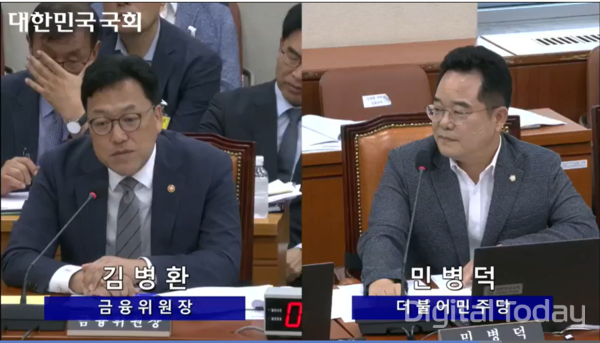 PEPE0.00 2.33%
PEPE0.00 2.33%
 TON1.51 -0.52%
TON1.51 -0.52%
 BNB881.83 1.36%
BNB881.83 1.36%
 SOL123.51 1.16%
SOL123.51 1.16%
 XRP1.88 0.15%
XRP1.88 0.15%
 DOGE0.12 0.73%
DOGE0.12 0.73%
 TRX0.29 -0.33%
TRX0.29 -0.33%
 ETH2906.45 0.69%
ETH2906.45 0.69%
 BTC87835.05 0.18%
BTC87835.05 0.18%
 SUI1.43 -0.13%
SUI1.43 -0.13%







